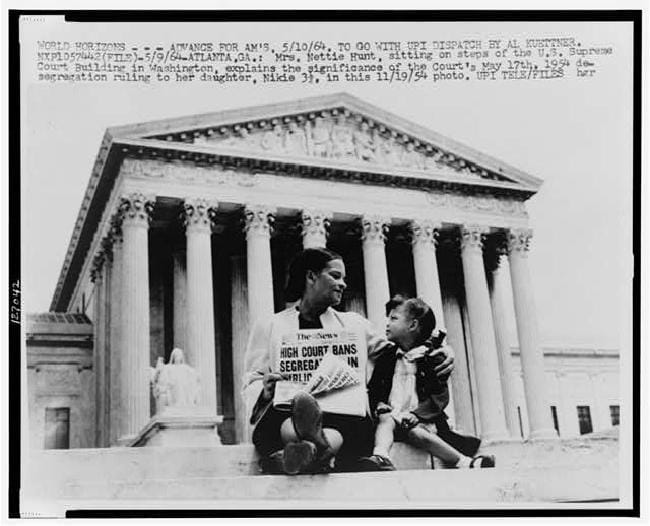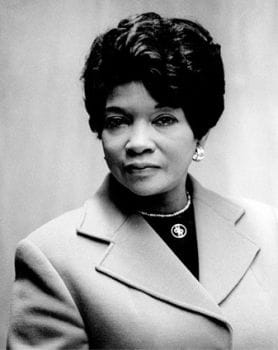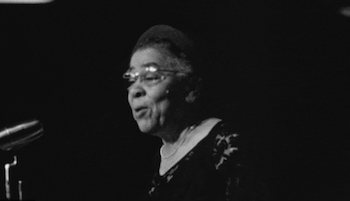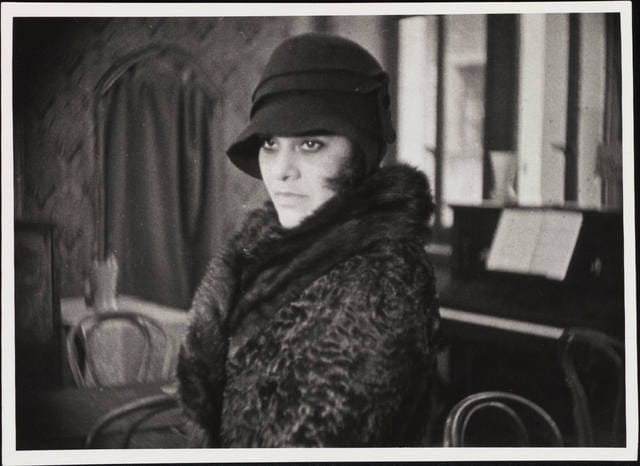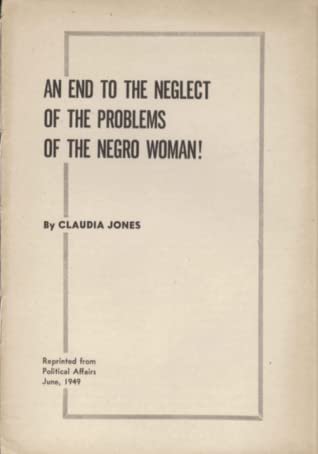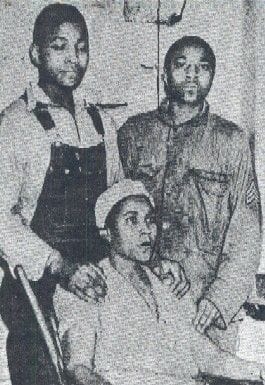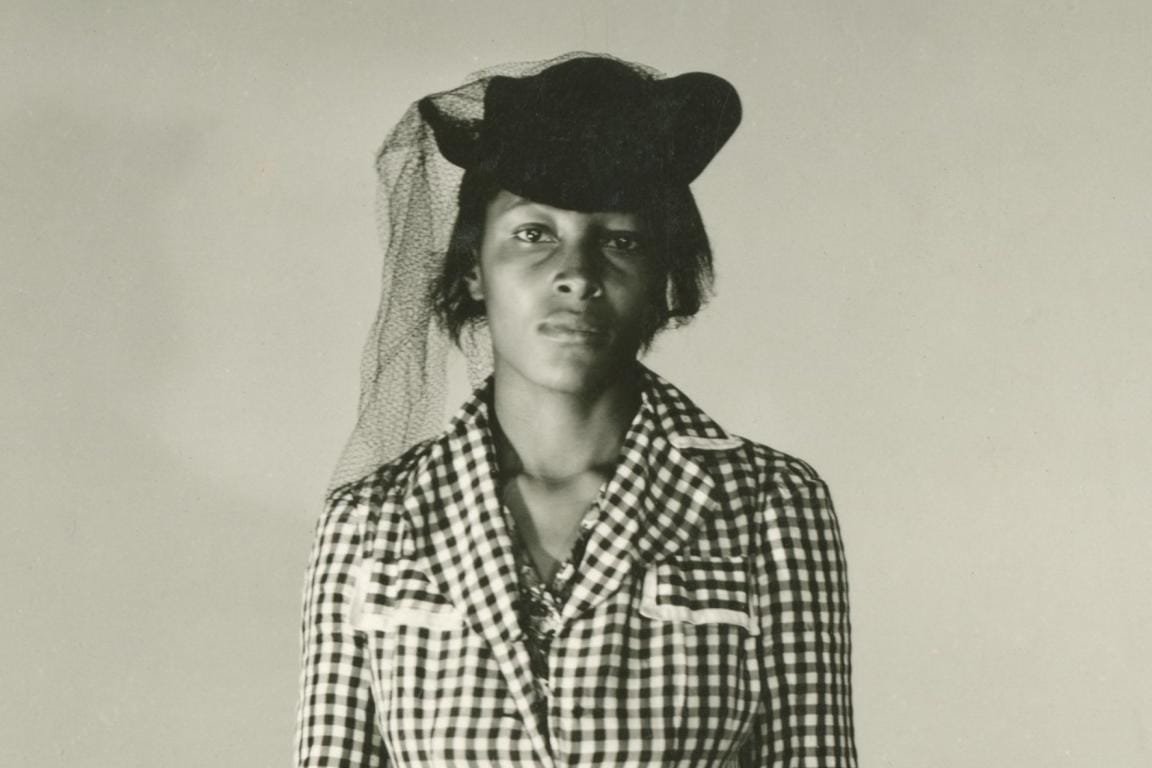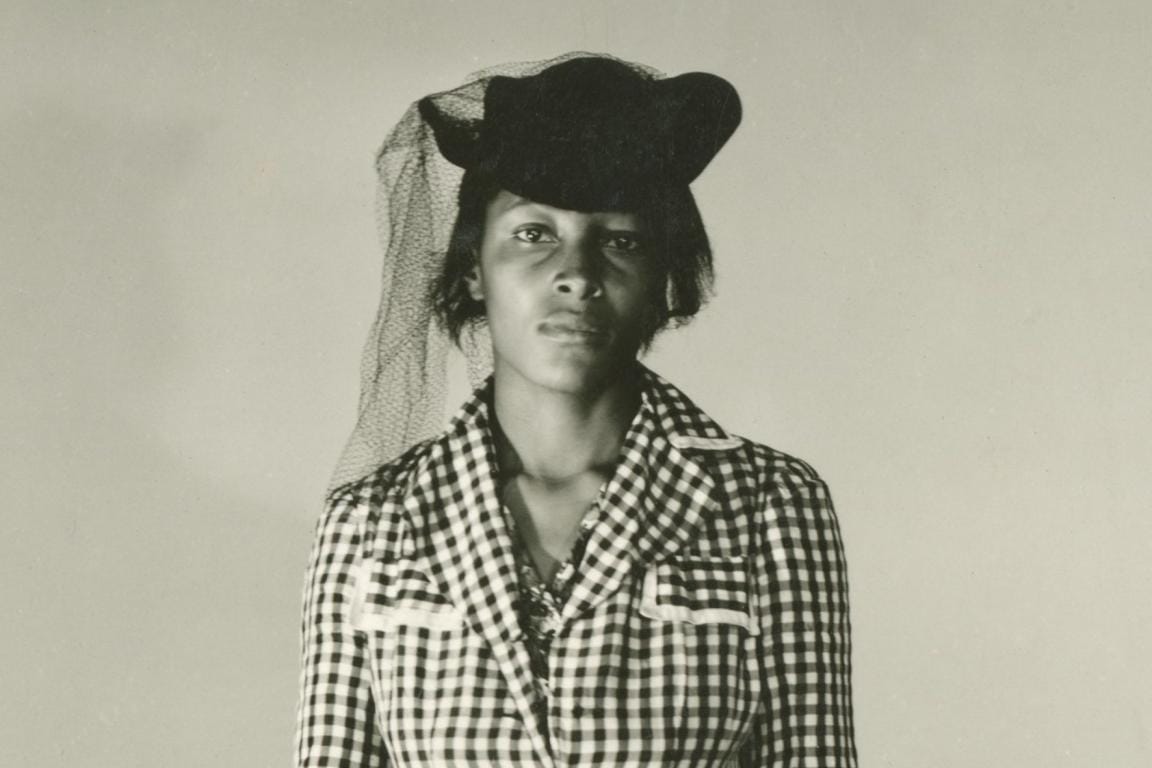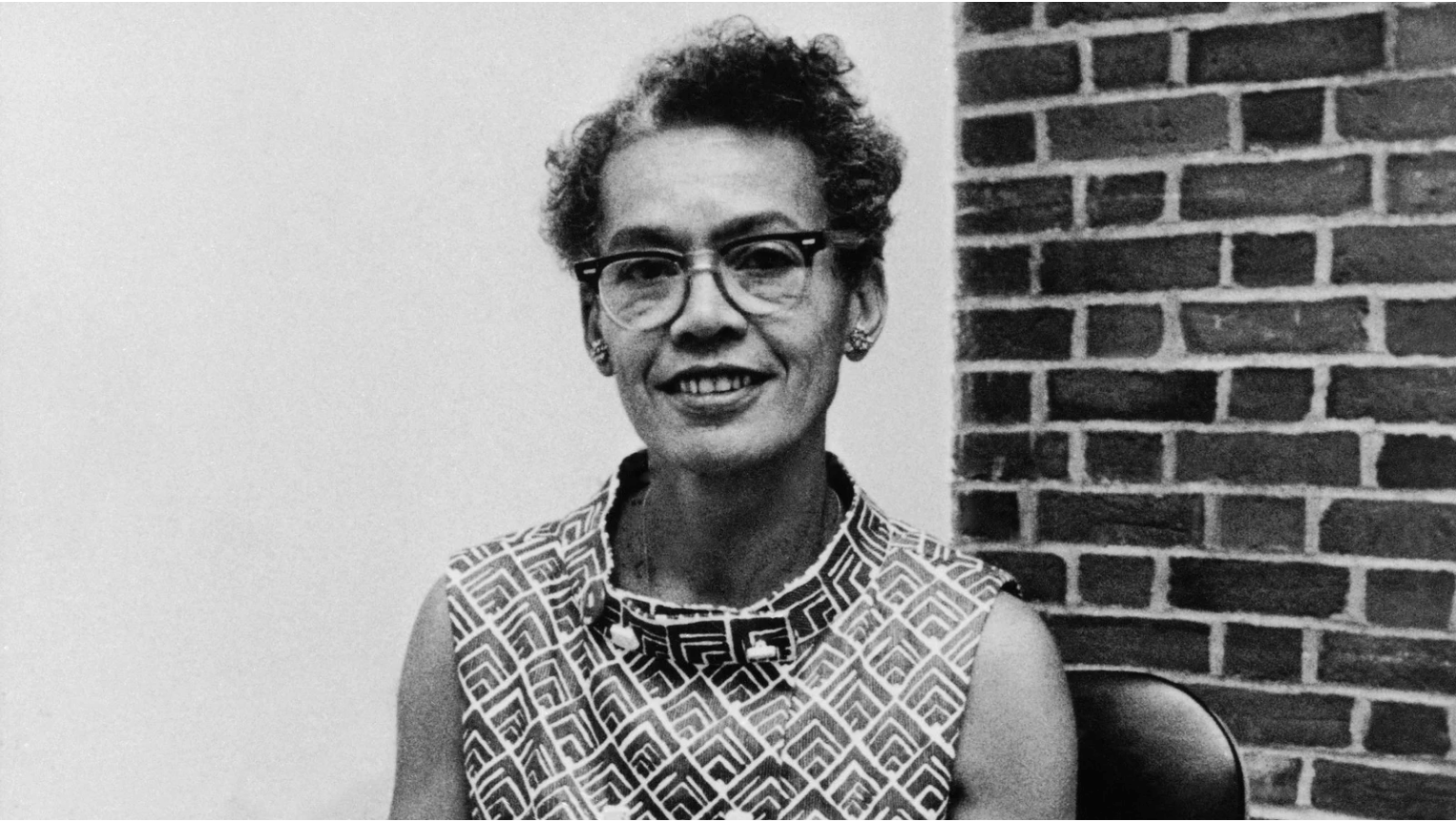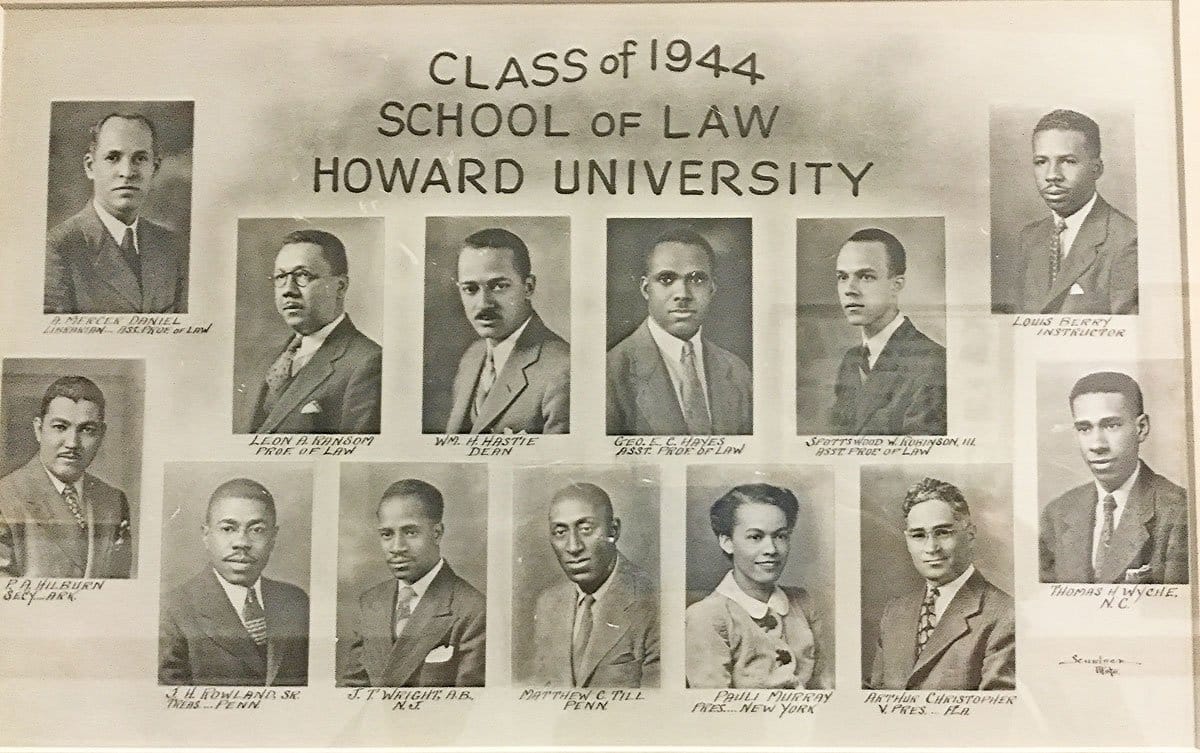In an iconic photograph, Mrs. Netti Hunt holds a newspaper and explains to her daughter that the Supreme Court has ruled that the racial segregation of children in public schools is unconstitutional.
Author: developer
Addie L. Wyatt
Addie L. Wyatt (1924–2012) was a civil-rights activist and a leader in the United States labor movement. Wyatt is known for being the first woman elected as the international vice president of a major labor union, the Amalgamated Meat Cutters Union. She was also one of the founding members of the National Organization for Women (NOW).
Sojourners for Truth and Justice
Founded in 1951, Sojourners for Truth and Justice was a radical civil-rights organization inspired by the intersectional activism of Sojourner Truth. Members of the organization included Shirley DuBois, Claudia Jones, Charlotta Bass, and Lorraine Hansberry. In the fall of 1951, the Sojourners for Truth and Justice wrote A Call to Negro Women to mobilize Black women to protest racism and sexism. The result was that more than 132 Black women journeyed to Washington, D.C. between September 29 and October 1, 1951, for a program called Sojourn for Truth and Justice, where they advocated for justice, safety, and freedom.
Eslanda Cardozo Goode Robeson
Eslanda Cardozo Goode Robeson (1895–1965) was an American anthropologist, orator, writer, author, actor, civil-rights activist, and world traveler. She was married to Paul Robeson and played a large role in his success as a singer, actor, and political pioneer. Her work is expansive, as it addresses a variety of significant topics, including the New Negro Movement in Harlem, global decolonization movements, the civil-rights movement, Cold War politics, and more. In 1949, she published the book American Argument alongside Pearl S. Buck.
An End to the Neglect of the Problems of the Negro Woman, by Claudia Jones
In 1949, Claudia Jones, a Trinidad-born feminist, leader in the American Communist Party, journalist, editor, theorist, and co-founder of the Notting Hill Carnival, published her essay, “An End to the Neglect of the Problems of the Negro Woman.” In this essay, she discusses the mistreatment of Black women in the U.S. and the need to mobilize people against sexism, white supremacy, and imperialism.
The Rosa Lee Ingram Case
Rosa Lee Ingram was a Black sharecropper who, during November 1947, was assaulted and sexually threatened by her white neighbor, John Stratford. As she fought off Stratford, her two sons, Wallace Ingram and Sammie Lee Ingram, came to her defense. Stratford died from blows on the head, and the Ingrams were given the death penalty. Due to protests led by Sojourners for Truth and Justice, as well as advocacy from the National Committee to Free the Ingram Family, their sentence was commuted to life in prison. The Ingrams were released on parole in 1959. The case highlighted the specific forms of oppression that poor Black women experience, as well as the need for Black feminism.
Recy Taylor
Recy Taylor (1919–2017) was a sharecropper and mother. On September 3, 1944, at the age of 24, she was walking home from church in Abbeville, Alabama, when she was sexually assaulted by six white men. The crime was investigated by Rosa Parks of the National Association for the Advancement of Colored People (NAACP), and it received a lot of coverage in the Black press. However, as with many cases pertaining to violence against Black women, there was no indictment of the accused.
Justice for Recy Taylor
On September 3, 1944, Recy Taylor was walking home from church in Abbeville, Alabama, when she was sexually assaulted by six white men. The crime was investigated by Rosa Parks, who worked with the National Association for the Advancement of Colored People (NAACP), and it received a lot of coverage in the Black press. However, as with many cases pertaining to violence against Black women, the accused were not indicted.
Pauli Murray
Pauli Murray (1910–1985) was a civil-rights activist, lawyer, women’s-rights activist, poet, author, and the first Black woman to be named an Episcopal priest in the United States. Murray helped form the Congress of Racial Equality (CORE) and the National Organization for Women (NOW). Murray was critical of how Black women, while doing a lot of the work, were denied opportunities for leadership within the civil-rights movement. Murray wrote several key texts, including Negroes Are Fed Up (1943), States’ Laws on Race and Color (1951)m and Song in a Weary Throat: An American Pilgrimage (1987).
Pauli Murray Enrolls in Howard University Law School
In 1941, Pauli Murray enrolled in Howard University Law School and was the only woman in her class. At Howard, Murray became aware of how prevalent sexism was and went on to refer to it as Jane Crow.

